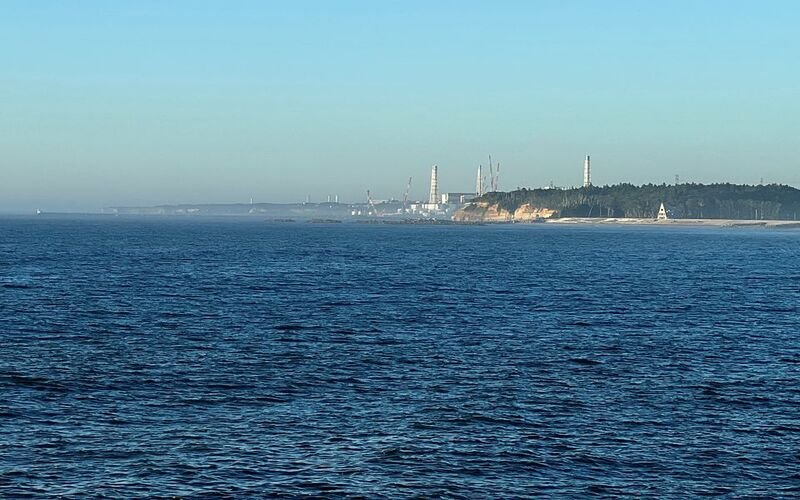A row with China over Fukushima’s release could shave 0.2% off Japan’s. In the complex arena of international diplomacy, Japan finds itself in a sensitive and economically consequential situation regarding the Fukushima nuclear disaster. The recent dispute with China over the release of treated radioactive water from the Fukushima Daiichi nuclear plant has raised geopolitical tensions and cast a shadow over Japan’s economic outlook. In this comprehensive analysis, we delve into the intricacies of this dispute and explore its potential implications for Japan’s Gross Domestic Product (GDP).
The Fukushima Nuclear Disaster: A Lingering Challenge
The Fukushima Daiichi nuclear disaster 2011 is one of Japan’s most profound and enduring challenges. After a devastating earthquake and tsunami, the nuclear plant experienced multiple meltdowns, releasing radioactive materials. Over the years, Japan has been diligently working to address the aftermath of this catastrophe, including managing contaminated water.
The Dispute with China
The recent dispute with China revolves around Japan’s decision to release treated radioactive water into the Pacific Ocean. While Japan maintains that the water has been adequately treated and poses no significant threat, China and some neighboring countries have expressed concerns about potential environmental and health risks.
Economic Ramifications
1. Trade Impact
Japan’s dispute with China could have substantial implications for its trade relations. China is one of Japan’s largest trading partners, and any escalation of tensions might result in trade restrictions or reduced economic cooperation, affecting vital industries such as automotive, electronics, and machinery.
2. Tourism Downturn
Tourism is a significant contributor to Japan’s economy. The dispute may deter Chinese tourists from visiting Japan, leading to a decline in tourism revenues and negatively impacting the hospitality and service sectors.
3. Global Investor Confidence
Japan’s reputation as a safe investment destination could be tarnished if the dispute escalates. This might lead to a decrease in foreign direct investments, which are crucial for economic growth.
Mitigating the Economic Impact
To mitigate the potential economic impact of this dispute, Japan should consider several strategies:
1. Diplomatic Resolution
Prioritizing diplomatic channels and dialogue to address the concerns of neighboring countries can help reduce tensions and restore economic stability.
2. Transparency
Japan should maintain transparency regarding the safety measures for the treated radioactive water, reassuring its citizens and international partners.
3. Diversification of Trade
Exploring new trade partners and markets can help Japan reduce its dependence on any single trading partner, thus cushioning the impact of economic disputes.
In conclusion, Japan’s dispute with China over the Fukushima nuclear release is not just a diplomatic challenge but a potentially significant economic one. The repercussions could extend to trade, tourism, and investor confidence. Japan’s ability to navigate these diplomatic waters with transparency, diplomacy, and a focus on economic resilience will be crucial in determining its GDP trajectory in the coming years.










































Comment Template